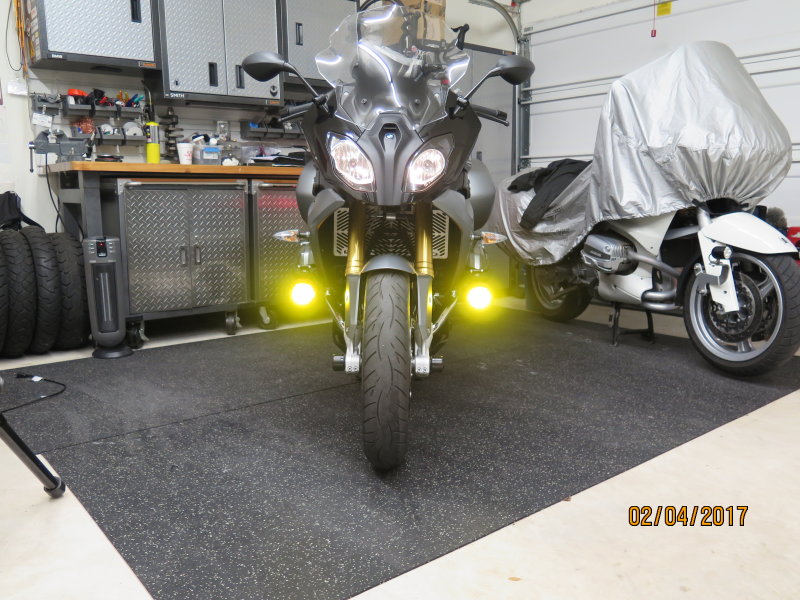...Costs related to the fact that BMW are low-volume, upmarket vehicles and NOT generic high volume stuff ... you can pay way more than $2800 for a single brake rotor for a Porsche--do you see your BMW bike closer to a VW than a Porsche? Think again...
I had a seal go out between the final drive and automatic transmission on my Audi. A $5 seal probably, at least back then. The cost for repair was several thousand dollars. On the wall of the mechanic's stall was three labor rates. At the top was the Porsche rate. Below that was the Audi rate. Below that was the VW rate. You got the same mechanic, in the same stall, using the same tools. But you got to pay more if you owned a Porsche or Audi...just because. And back then, there were Audi and VW models that were identical, except for the badging. I haven't owned an Audi since then.
Gosh, "boring"? For who? I call it being frugal and smart. I cringe when people notice I own a BMW because their assumption is the bike must be an incredible bike. Well designed. Completely reliable. Far better than other bikes. I think that's a result of a great marketing department, not reality. When I mentioned to some others on forums that I was buying a BMW...I got deluged with horror stories of grossly expensive repairs. When I look on this forum, I find enough threads to back their opinions up....If you have to ask the price ... it gets boring. Pay to play.
I still remember the GS owner this summer who found himself stranded in Alaska when his final drive failed. I wonder if he found his wonderful experience of being stranded where no one there had BMW tools and the part wasn't available, was boring? Especially since if I remember correctly, he lived in Texas.
Telling someone to suck it up, that paying through the nose for parts and repairs that shouldn't be failing in the first place on a premium priced bike...that this should be part of the joy of ownership of the bike is just snobbery IMHO.
Chris



